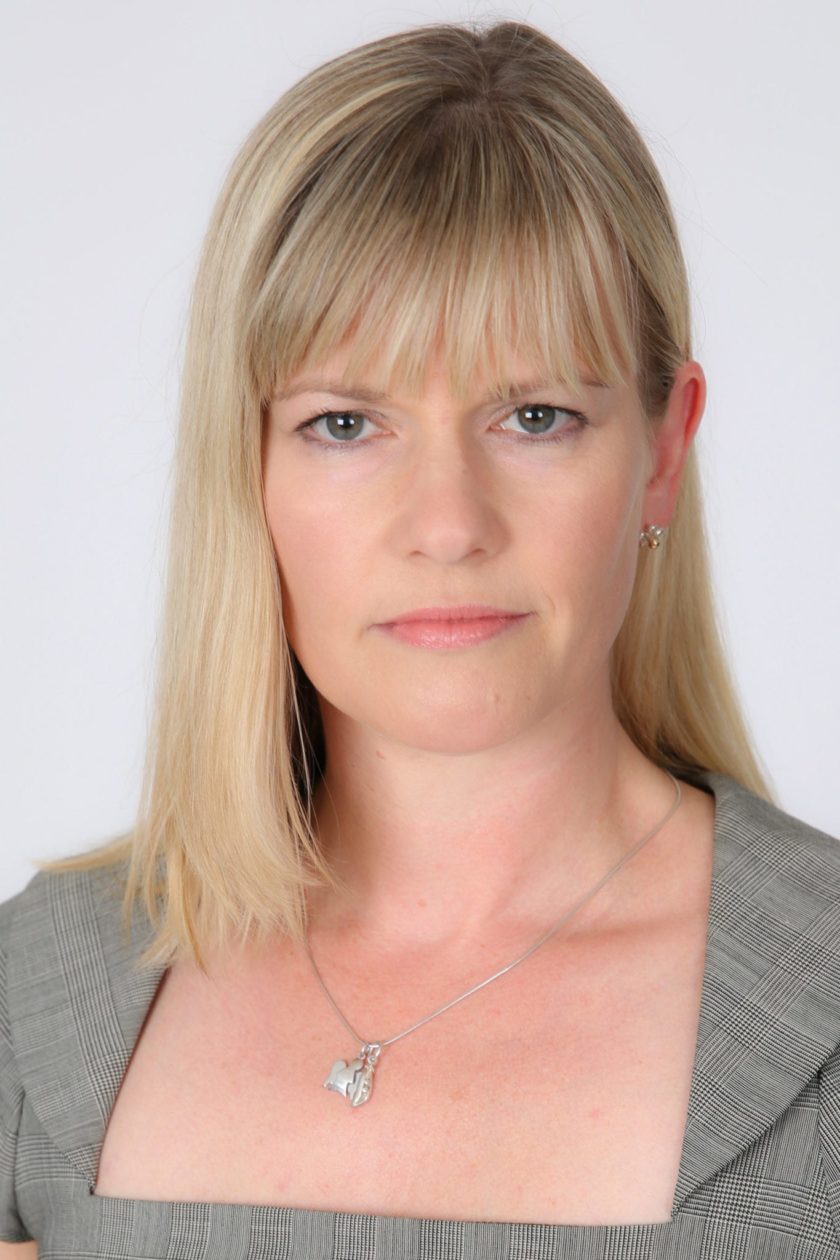Continuing her series for Professional Paraplanner where she looks at funds at or approaching their three-year track record, Juliet Schooling Latter, research director, FundCalibre, turns her attention to emerging markets and the FSSA Global Emerging Markets Focus fund.
Having proven themselves particularly resilient through the turmoil of 2020, there are plenty of reasons to believe emerging markets are the place to be for investors in 2021.
As with developed markets, emerging market equity performance last year was driven by a handful of stocks in a handful of sectors in a handful of countries.
Growth has been the dominant trend, with internet and wider technology stocks at the forefront. North Asian markets such as China, Taiwan and South Korea contained the virus comparatively better than other parts of the globe, as well as emerging market peers like India and Brazil.
The development of vaccines – which will hopefully be rolled out widely by the second half of 2021 – will naturally boost the global economy. But there are two specific factors which could offer an extra benefit to emerging markets. The first is the ongoing fiscal and monetary stimulus from governments and global central banks, which should support a recovery in global trade and growth – both essential for emerging economies. We have also seen a weakening in the US dollar – a move which is supportive of emerging markets and is expected to continue into 2021.
However, investors will have to consider the differences between emerging markets and the dynamics of individual economies and companies before investing in the region – valuation considerations and disciplined stock selection has never been more important. That is where this month’s fund excels. The FSSA Global Emerging Markets Focus fund launched in September 2017 and is managed by Rasmus Nemmoe.
Rasmus joined FSSA Investment Managers (previously First State) in 2016, having previously worked at LGM in London, where he ran their global emerging markets strategy. He also worked in developed and emerging market equities in his native Copenhagen.
Every portfolio manager at FSSA is also an analyst and the team look for quality companies demonstrating sustained and predictable growth over the long term. These companies will be found through a bottom-up approach. The focus is very much on having a strong valuation discipline, with a preference for capital light, cash-flow generative businesses. The team carries out around 1,500 company meetings per year.
Rasmus’s total universe starts with around 36,000 companies. The FSSA philosophy is that company management needs integrity and a focus on the long-term. The team actively avoids sectors which cause harm to society, such as tobacco, munitions and gambling companies. Firms also need a free float of at least $1.5 billion and an average daily turnover of $5 million to be considered.
From here, Rasmus will cut the universe further by assessing the quality of a firm’s franchise, management team and culture before conducting a deep dive into the business’s financials.
The result is a portfolio of 40-45 names which are chosen based on the quality of the company, how much visibility there is in the earnings and the potential for long-term growth over 5-10 years.
Diversification is an important element of the portfolio. No single country weighting can be more than 30%, and frontier country weights are limited to up to 10%. No sector can be more than 40% of the portfolio, with the exception of consumer products and financials (both 50%). Financials is currently the largest overweight in the portfolio (38.6%), and India the largest country weighting (27.8%*), with India’s HDFC bank, the largest individual holding*.
Since launching the fund three years ago, Rasmus has returned 27.4% to investors, some 4.5% more than the peer group average**. The fund also has an 1.1% ongoing charges figure*.
While it is still relatively early days, we believe this fund has lots of potential. It offers something different to investors’ given the managers’ absolute mindset and valuation sensitive approach should result in it outperforming in falling markets. It’s definitely an interesting addition and one investors should have on their radar for the future.
Past performance is not a reliable guide to future returns. You may not get back the amount originally invested, and tax rules can change over time. Juliet’s views are her own and do not constitute financial advice.
*Source: fund factsheet, 30 November 2020
**Source: FE fundinfo, total returns in sterling, 1 December 2017 to 6 January 2021



































